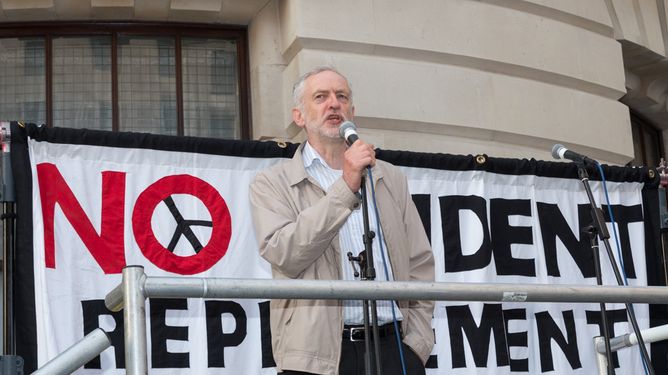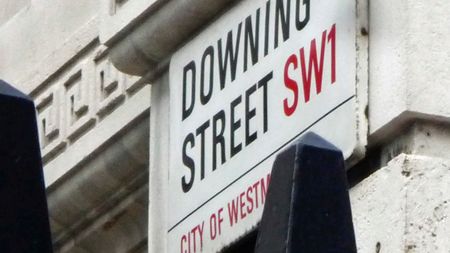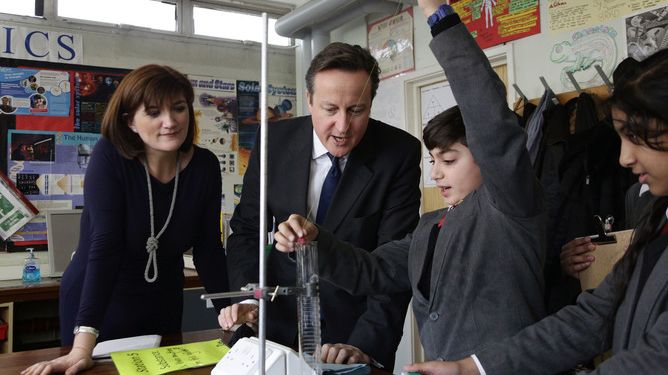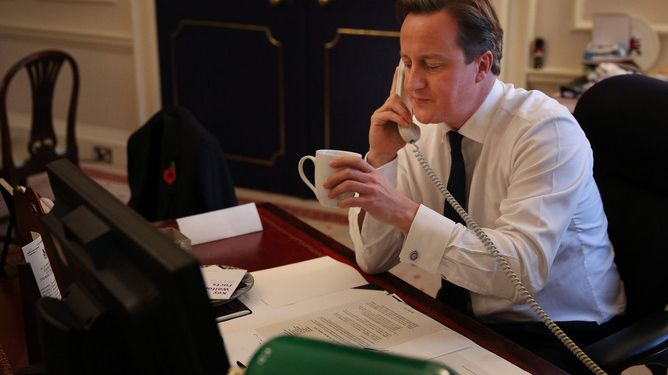
Press release -
COMMENT: The self-defeating hard left of the 1980s is making a comeback. It won’t end well
Stefano Bonino, Lecturer in Criminology at Northumbria, discusses the election of Jeremy Corbyn as leader of the Labour Party for The Conversation.
The election of Jeremy Corbyn as leader of the Labour Party has not just moved the opposition dramatically to the left. It is also part of a slip back towards the hard-line leftism of the 1980s, an era of extremely heated social, racial and class conflict that centre-leftists long hoped had been consigned to the past.

Corbyn himself was, of course, a big feature of that era, and long embodied some of its more unappealing tendencies. Throughout his political career, Corbyn has often extended his hand to the “oppressed”, but often on a misguided basis. By sharing platforms with anti-semites – although there is no suggestion that he is one – and maintaining close relationships with groups opposed to British interests, such as Hamas and Hezbollah, the new Labour leader has often erred on the side of divisive radicalism rather than political astuteness.
The campaign group Stop the War, of which Corbyn has long been a leading light, recently announced that it would picket the office of the shadow foreign secretary, Hilary Benn, in protest against his support for airstrikes in Syria. But even while propounding noble anti-war principles, Stop the War has in the past taken the “pro-oppressed” stance much farther than reasonable politics would dictate. John Rees’s apparent support for tyrants and persecutions is a case in point.
Many of Corbyn’s opponents on the right and centre-left still remember his untimely decision to invite Gerry Adams and other Sinn Féin members to the House of Commons shortly after the Provisional IRA bombed the Grand Hotel in Brighton during the Conservative Party Conference in 1984.
Others have blasted Corbyn for his past affiliations with the far-left Socialist Workers Party and for his work in the London Borough of Haringey Council in the 1970s, which many considered a “proactive militant engine for class war and anti-capitalist agitation”.
Nick Cohen, author of “What’s Left?”, recently bemoaned the moral crisis that has gripped the Labour Party under a new leadership too sympathetic to the Cuban, Venezuelan and Russian regimes. Cohen further denounced a liberal culture that rushes to support critics of Western crime but eagerly turns a blind eye to anti-Western sentiments. David Cameron and George Osborne went as far as declaring that Labour has become a threat to national security.
Taking it to the streets
Whether Corbyn’s retreat to a politics of hard-left nostalgia will bring back the political, racial and social unrest of the 1980s remains to be seen. But events such as the recent anti-gentrification attack on the Cereal Killer Café, a trendy independent café selling bowls of cereal in one of London’s poorest areas,suggest that the old, embittered strain of class politics has hardly gone away.
The resurgence of violent protests fomented by the anarchist Class War are a reminder of the “Bash the Rich” campaigns launched by its leader Ian Bone in 1985 to intimidate wealthy people. These were originally inspired by the anti-capitalist Stop the City demonstrations of 1983 and 1984.
Class War’s aspirations to overthrow parliamentary democracy have not been cowed by years of abject failure. Bone has remained a key figure in British anarchism with links to domestic extremist groups such as the Animal Liberation Front, the Angry Brigade and Free Wales Army. He recently announced new nationwide protests against independent businesses.
Corbyn’s close political adviser Andrew Fisher lately found himself at the centre of a storm for encouraging support for Class War. Although Fisher’s stance is certainly not endorsed by the Labour Party as a whole, it nonetheless indicates the potential for a gradual shift to perilous anti-democratic tendencies.
Shadow chancellor John McDonnell has been accused of supporting violent protest – something he denies. Seumas Milne, the new Labour Party’s executive director of strategy and communications, has also been lambasted for his naïve approach to geopolitics, which often talks about any world security crisis as a mere consequence of Western aggression and belligerence.
Chaos reigns
A surge in public disorder towards individuals and property on the same scale we saw in the 1980s is unlikely, but nor is it completely in the realm of fantasy.
Following an escalation of disorder and political violence in the 1960sand a breakdown of law and order fomented by anti-government and anarchist groups in the 1970s, Class War emerged in the 1980s, claiming to connect “the inner city rioters of Brixton and Handsworth with the striking miners”.

The mid-1980s marked another key moment in the history of British violent protests. On October 6 1985, the notorious Broadwater Farm riotserupted in Tottenham when Afro-Caribbean resident Cynthia Jarrett died of a heart attack following a police search the previous day.
Violence between police and local people left 58 police officers and 24 others injured. A heavily armed mob took to the streets, and Police Constable Keith Blakelock was stabbed to death while crowds chanted “kill the pig”.
The recent 30th anniversary of these events reminds us that public disorder is always a possibility when people feel oppressed or marginalised. Both the murder of PC Blakelock and the anarchist attacks on the Cereal Killer Café further cast light on a widely overlooked issue: that visible demonstrations of hatred directed toward police officers and other “privileged” groups, such as Tories, are rarely classed as hate crimes.
Then there is the ongoing public inquiry into police infiltration of political protest groups involved in violence. The Special Demonstration Squad (SDS), a unit that operated between 1968 and 2008, collected criminal and political intelligence on various domestic extremist groups. This covered the full political spectrum from far-right to far-left, and included organisations such as Class War, the Animal Liberation Front, Red Action, Combat 18 and the National Front.
While many of its operations are still shrouded in mystery, the SDS collected key intelligence that prevented the Anti-Nazi League, a front for the Socialist Workers Party, Youth Against Racism in Europe, closely linked with the quasi-revolutionary Militant Tendency, and other groups from setting fire to the office of the British National Party in Welling in 1993 during violent protests.
In an intricate dance of political convenience, the most recent iteration of Militant Tendency, the Socialist Party, openly supported Corbyn’s leadership contest. Allegations that the SDS monitored Corbyn and other MPs who partook in demonstrations alongside infiltrated protest groups are yet another reminder of longstanding security concerns about the new Labour leader’s political affiliates.
If he wants to become a credible leader of a global superpower and not simply the incarnation of British populism and utopian socialism, Corbyn will have to sever his ties with groups and individuals who seek to undermine British stability. Otherwise, the caricature of him as a blast from the left’s chaotic past may turn out to be all too accurate.
This article was originally published on The Conversation. Read the original article.
Topics
Categories
Northumbria is a research-rich, business-focused, professional university with a global reputation for academic excellence. To find out more about our courses go to www.northumbria.ac.uk
If you have a media enquiry please contact our Media and Communications team at media.communications@northumbria.ac.uk or call 0191 227 4571.









